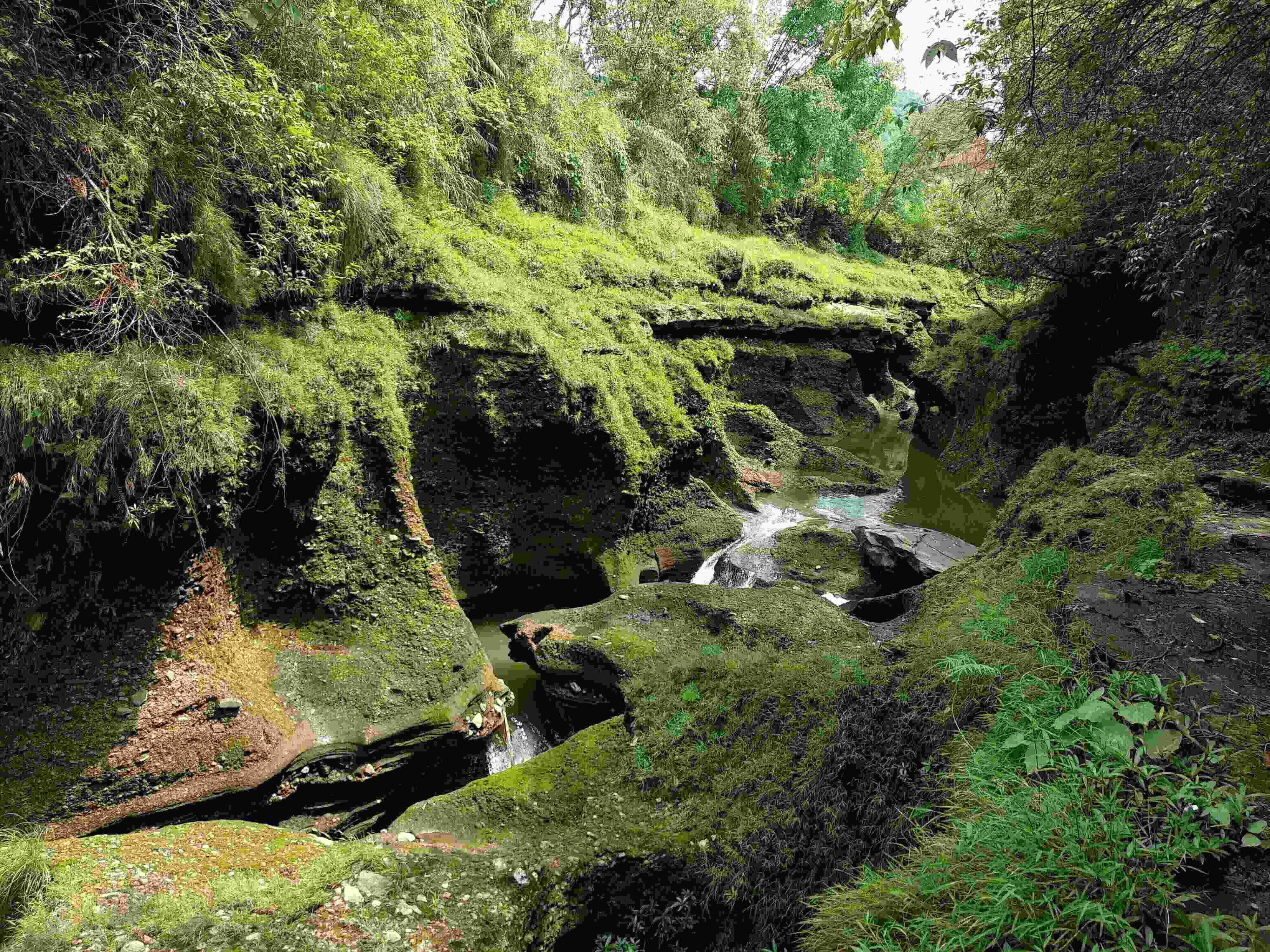

Throughout history, numerous civilizations have risen to great heights of knowledge and innovation, only to mysteriously vanish or decline, often leaving behind tantalizing clues about their advanced understanding of the world. These lost civilizations have sparked the imagination of historians, archaeologists, and enthusiasts alike, leading to various theories about what they might have known and why they ultimately disappeared.
One of the most notable examples is the Maya Civilization, which thrived in Mesoamerica from around 2000 BCE until the Spanish conquest in the 16th century. The Maya were exceptional mathematicians and astronomers, developing a complex calendar system that included the Tzolk'in and the Haab'. They accurately calculated solar years and lunar cycles, demonstrating a sophisticated understanding of celestial movements. Despite their advancements, many Maya cities were abandoned by the 10th century, possibly due to environmental factors, warfare, and societal collapse.
Another intriguing civilization is the Indus Valley Civilization, which flourished around 2500 BCE in present-day Pakistan and northwest India. Known for their advanced urban planning, including grid layouts and sophisticated drainage systems, the Indus Valley people had a script that remains undeciphered to this day. Their decline around 1900 BCE is still a subject of debate, with theories ranging from climate change and river shifts to invasions. Their knowledge of urban infrastructure and sanitation systems was unparalleled for their time, hinting at a deep understanding of engineering and public health.
The Ancient Egyptians also exemplified a civilization that possessed immense knowledge, particularly in fields such as mathematics, medicine, and architecture. The construction of the Pyramids of Giza showcases their engineering prowess, as well as their understanding of astronomy, which influenced their religious beliefs and agricultural practices. The decline of Ancient Egypt can be attributed to a combination of foreign invasions, economic difficulties, and internal strife, but their contributions to knowledge continue to influence modern society.
Furthermore, the Chachapoya, or "Warriors of the Clouds," were a pre-Columbian civilization in the Andes of Peru, known for their impressive cliffside dwellings and mummification practices. Despite their advanced agricultural techniques and unique burial customs, the Chachapoya were largely conquered by the Inca Empire in the 15th century, and much of their knowledge has been lost to time. Their ability to adapt to the challenging mountainous terrain showcases a deep understanding of their environment.
Another fascinating case is the Olmec Civilization, often regarded as the "mother culture" of Mesoamerica. Flourishing from around 1200 BCE to 400 BCE, the Olmec are known for their colossal stone heads and their influence on later cultures like the Maya and Aztecs. They developed an early form of writing and a calendar system, but their civilization mysteriously declined, possibly due to environmental factors or internal conflict.
In more recent history, the Viking Civilization left an indelible mark on the world with their explorations and settlements across Europe, Asia, and even North America. Known for their seafaring expertise, the Vikings had advanced shipbuilding techniques that allowed them to navigate vast oceans. However, climatic changes and resource depletion in their homelands contributed to their decline, leading to a diminished presence in regions they once dominated.
The narratives of these lost civilizations raise profound questions about the knowledge they possessed and the circumstances of their decline. Were they too advanced for their own good? Did their understanding of the environment and society lead to their downfall? The answers remain elusive, but the legacies of these civilizations continue to captivate and inspire ongoing research and exploration.
In conclusion, the lost civilizations that knew too much offer a glimpse into the potential of human innovation and the fragility of societal progress. Their stories remind us of the importance of sustainability, adaptability, and the continuous quest for knowledge.
Related Posts
© 2025 Invastor. All Rights Reserved

User Comments